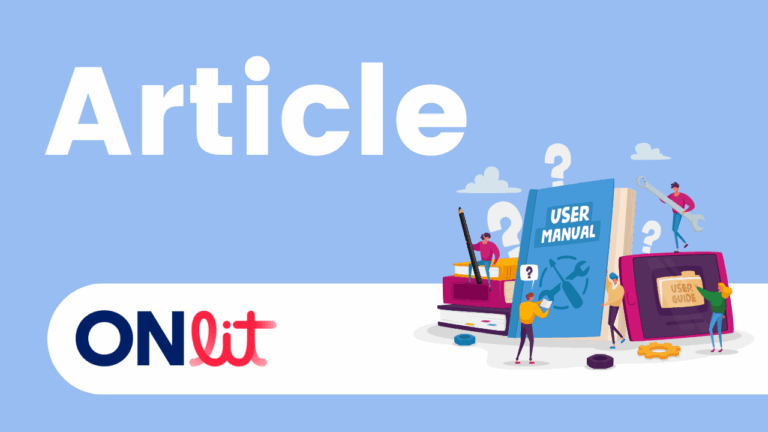Reading Road Trip: Behind & Beyond Sold a Story with Emily Hanford
Season 2 of Reading Road Trip kicks off with Emily Hanford! Join Kate Winn to get the inside scoop on Emily’s reporting work on the science of reading, including the incredibly popular podcast Sold a Story. Emily unpacks her journey into reporting on literacy instruction, how Sold a Story was made, and how she responds to critics.







